Going to uni was the start of me accepting I was gay. I’m pretty sure that what triggered the first attack was the fear of being exposed to a new group of people. I felt that by putting myself on the spot, I’d open myself up and people would start making assumptions about me. I was scared I’d be 'found out'. On top of not wanting to address 'the gay thing', my dad and older brother had been killed in a road traffic accident when I was 15 and I was still not ready to talk about it. At university you meet new people every day and they naturally want to know things about you so they ask questions. I was terrified I'd be asked what my parents did for a living, or if I had any siblings. Almost 20 years on from my first week at university I sometimes still feel unprepared for those questions. It's only really when you look back that you can understand how key events in your life contribute to the person you are now.
The fear of being 'exposed' was too much for me and I got up and walked out of the seminar without an explanation to the lecturer. I stayed in the toilet for the rest of the seminar. I returned to the class a few weeks later and settled in pretty well. I assume my lecturer thought I was just ill. I never spoke to her about what really happened. This is one of my biggest regrets. As time went on I began to manage my anxiety in various ways. I’d sit next to the door if I could in lectures and seminars so I didn’t feel trapped, I’d always have a bottle of water with me in case my mouth became dry and I’d wear light clothes so I didn’t get too warm – which was a big trigger for me.
Years went by and I did a great job at keeping a lid on my anxiety. I still didn’t talk to anyone about it. I didn’t see the point.
But then something changed.
Around two years ago my anxiety monster came back – with a vengeance. I had a wave come over me on the tube so I had to get off. I was sat in the cinema with a friend and the wave hit me again. I had to stop presenting in a work meeting and once I didn’t even go in to a team meeting because I felt so bad. I’d wake up in the morning and not want to get out of bed. I didn’t want to be around people.
For someone who loves being around people but feels that they can’t, it’s a confusing and frustrating experience that can have a detrimental effect on your social life, friendships and relationships unless you're open about how you're feeling.
Sometimes I'll turn down an invite to an event or a gathering even though I'm desperate to go. I spend some evenings in my flat when I really want to go out and see a film or grab a drink with a mate. I know that this means people might stop inviting me things. Friends probably think I don't want to hang out with them. However, this is far from the truth.
If you have a friend with anxiety that affects their social life, please keep inviting them to things but don't pressure them if they clearly don't feel like going. Don't be annoyed if they take ages to reply to a text. It's probably not that they don't want to chat, but more that they they just need some time alone without any pressures to engage with other people.
I work at Stonewall, an equalities charity. We work towards a world where everyone can be comfortable being who they are, whether that’s at home, at school or at work. The irony is that while I was finally working in an organisation where I could be out about being gay, I wasn’t out about my anxiety. So I came out – again! I started to talk to colleagues, my line manager and HR manager. I even spoke to the chief executive about what triggers my anxiety and she was amazing. She reassured me and told me that I was in control and to let her know what I needed to make things easier.
The truth is I didn’t actually need anything other than for those people who I work with every day to know that I have ‘this thing’ and that sometimes it may affect the things I do and how I behave. Mental health is an open topic of discussion at work. We know that most people have had issues with their emotional and mental health and that’s why we find it easy to talk about it. Talking really helps.
I’ll always have anxiety but I’m beginning to own it. Public speaking is another massive trigger for me, which is awkward because it figures in a lot of my job role. Every time I stand on a stage or at the front of a room about to deliver training I have that feeling. I ride it out and try and take control. It doesn’t always work but mostly it does.
The reason I put myself in these situations is because I know it’s important – not just for me but for the cause. I challenge myself every day and I’ll continue to do so but that anxiety will always be there.
I'm very lucky to have a strong and reliable group of friends who are always there if I ever need to talk. They don't always need to know how to respond or what to say; the fact that I'm able to just get things off my chest and speak to people who I know won't judge me can make things feel 1000% better.
It's not easy to explain how anxiety makes people feel. Everyone will experience it differently and will deal with it in their own way. Not everyone will feel comfortable talking about it but in my experience when you do it makes things so much better. Gentle encouragement and support goes a long way.
Check out these useful links:
www.anxietyuk.org.uk
www.mind.org.uk
Wayne Dhesi
@wayndavid81

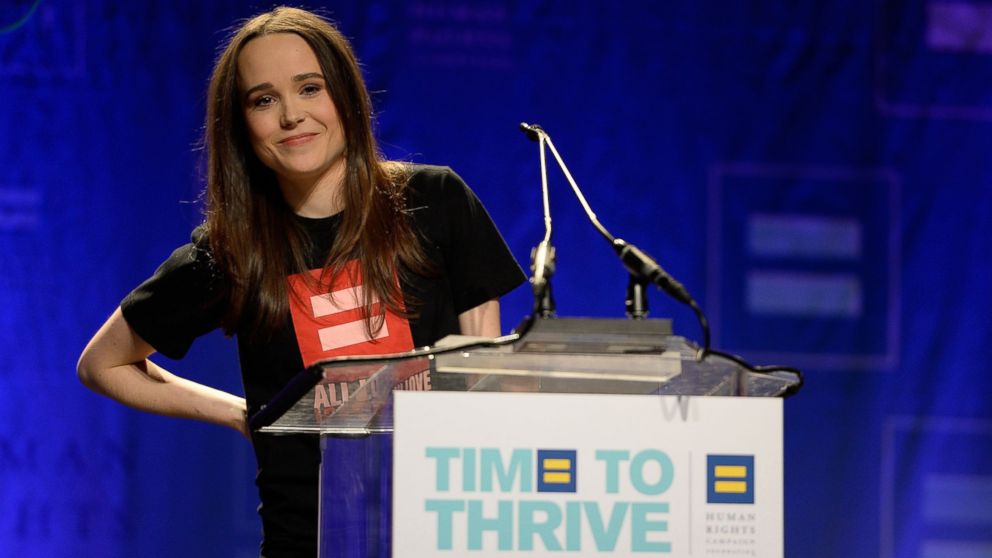
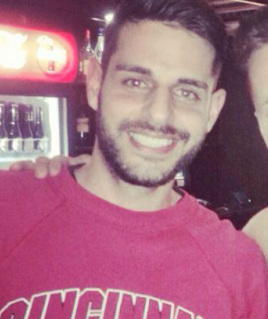

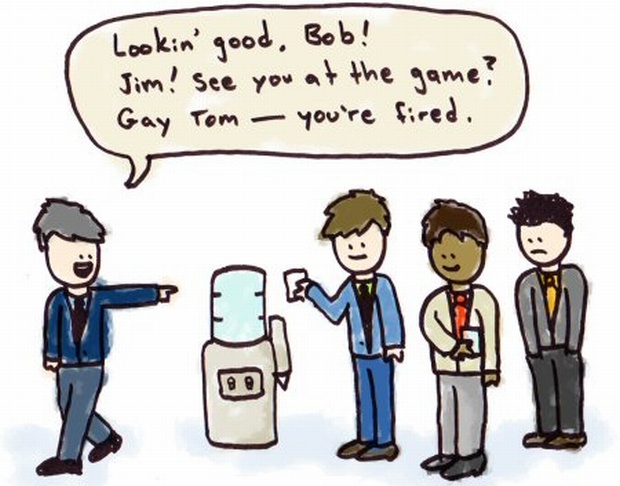
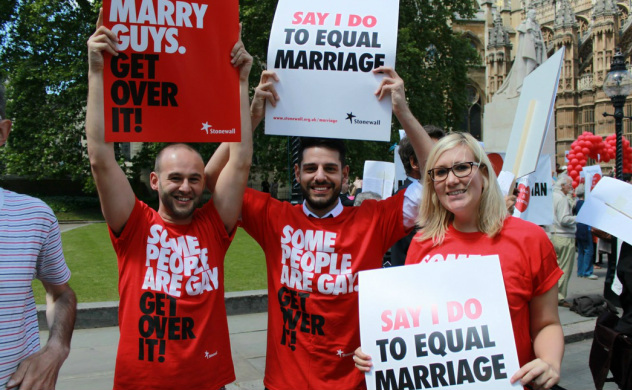
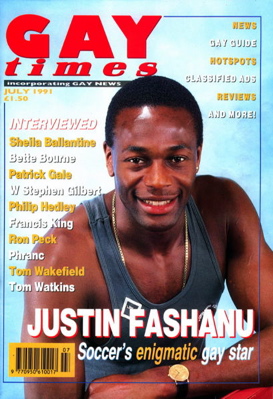

 RSS Feed
RSS Feed
